Keynote Speakers
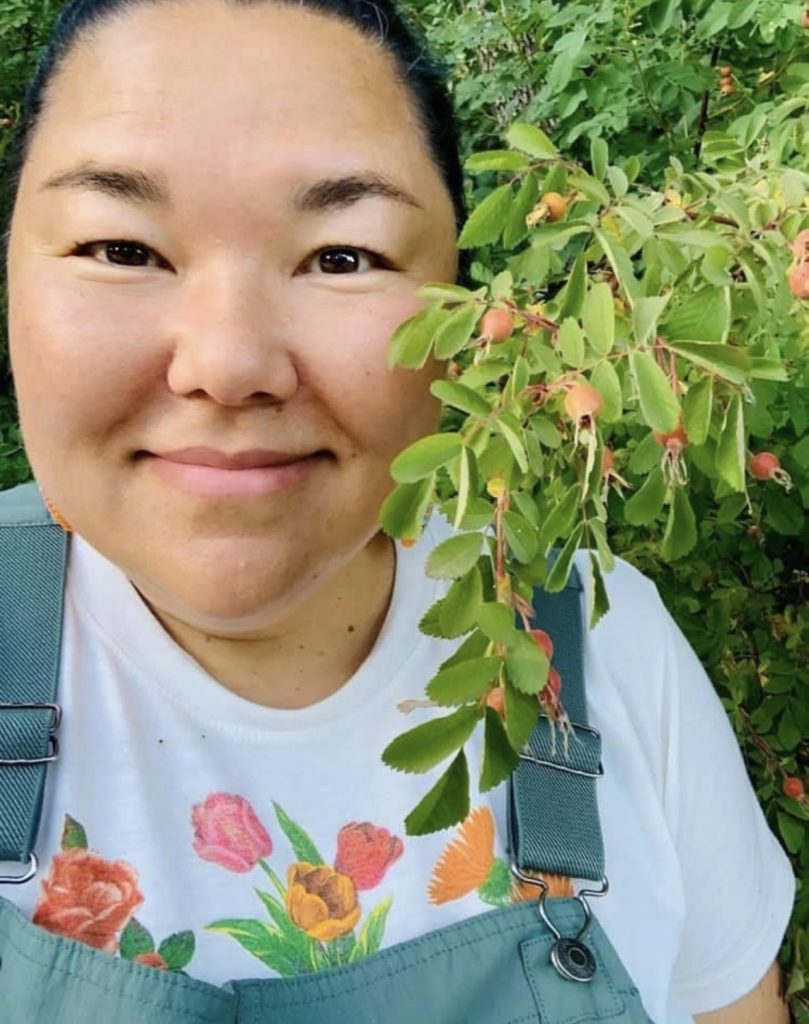
Growing Above and Beyond: What the Heck is a Kohlrabi!?
Learning to grow our own food, whether through gardening or farming, is key to food sovereignty and a more sustainable future for everyone. But is that the end of the story? Join ethnobotanist and food sovereignty activist Linda Black Elk as we consider what comes after the harvest.
Linda Black Elk is an ethnobotanist and food sovereignty activist specializing in teaching about culturally important plants and their uses as food and medicine. She is eternally grateful for the intergenerational knowledge of elders and other knowledge holders, who have shared their understandings of the world with her, and she has dedicated her life to giving back to these peoples and their communities. Linda works to build ways of thinking that will promote and protect food sovereignty, traditional plant knowledge, and environmental quality as an extension of her work as a gardener, forager, fisher, hunter, and gatherer. Linda and her family spearhead a grassroots effort to provide organic, traditional, shelf stable food and traditional Indigenous medicines to elders and others in need. Thus far, they have fed and healed thousands of people. She has written numerous articles, book chapters, and papers, and is the author of “Watoto Unyutapi”, a field guide to edible wild plants of the Dakota people, which is now out of print. Linda proudly serves as the Educational Programs and Community Engagement Leader at NATIFS, a Native-led nonprofit in Minneapolis, Minnesota. She also sits on the board of Makoce Ikikcupi, a Reparative Justice project on Dakota lands in Mnisota Makoce. When she isn’t teaching, Linda spends her time living in a traditional Dakota earthlodge while foraging, hiking, hunting, and fishing on the prairies, woodlands, and waters of Turtle Island with her husband and three sons, who are all members of the Oceti Sakowin – the Seven Council Fires of the Lakota.
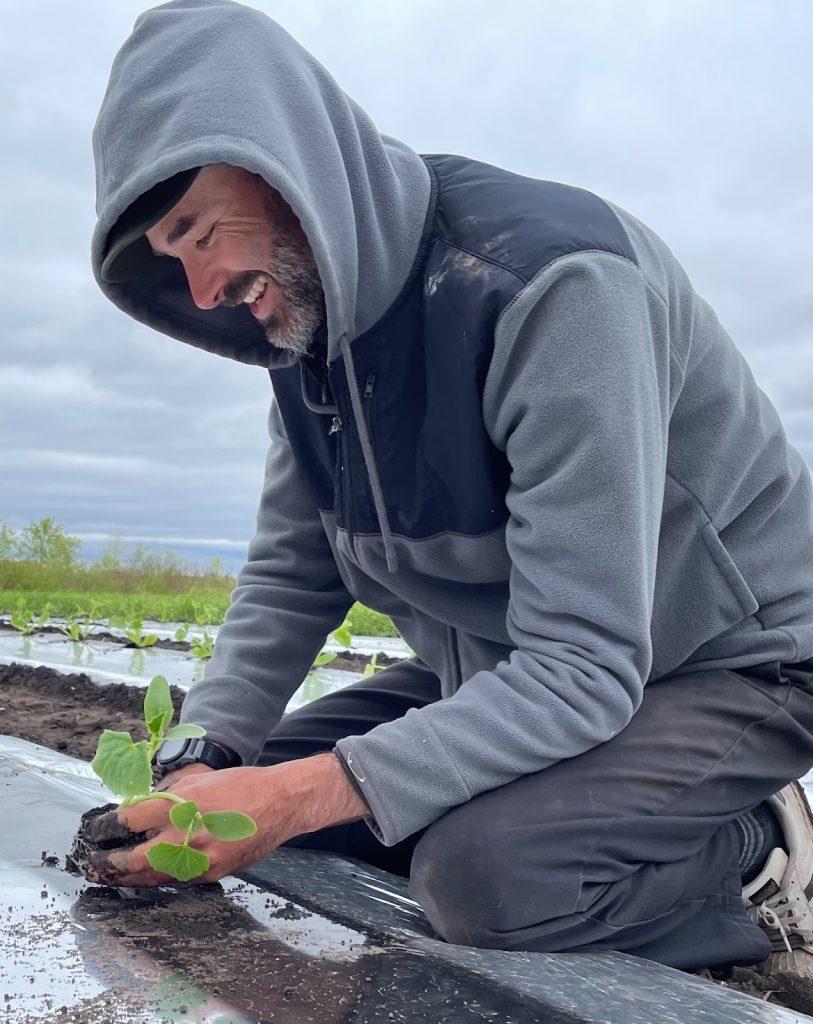
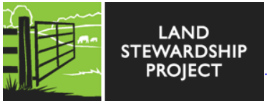
Empowering the Next Generation of Local Farmers
The cornerstone to a robust, sustainable, just, and resilient local food system is the FARMERS! Supporting our current farmers and lifting up future farmers is a critical component to keeping the local foods movement strong. With systemic barriers making it more and more challenging to get started and with a changing climate making it more and more challenging to continue farming, we need to come together as a community to create new ideas and new support structures for the future. Land Stewardship Project and its farmer members have been on the frontlines of making these changes. This presentation will explore that journey and lay out some plans to move us forward.
Nick Olson has been working as an organizer with LSP for 15 years, primarily within the Farm Beginnings initiative. During the past five years, he has been organizing farmers to lift-up their voices and actions for justice and assisting farmers with adaptation and resilience in the face of a changing climate. Additionally, he and his family run a certified organic vegetable farm in Litchfield, Minn. He is committed to and striving to be a social change agent and active anti-racist. Some passions include canoeing, hiking, reading, skiing, playing Kubb, and discovering new music.
Friday Breakout Sessions
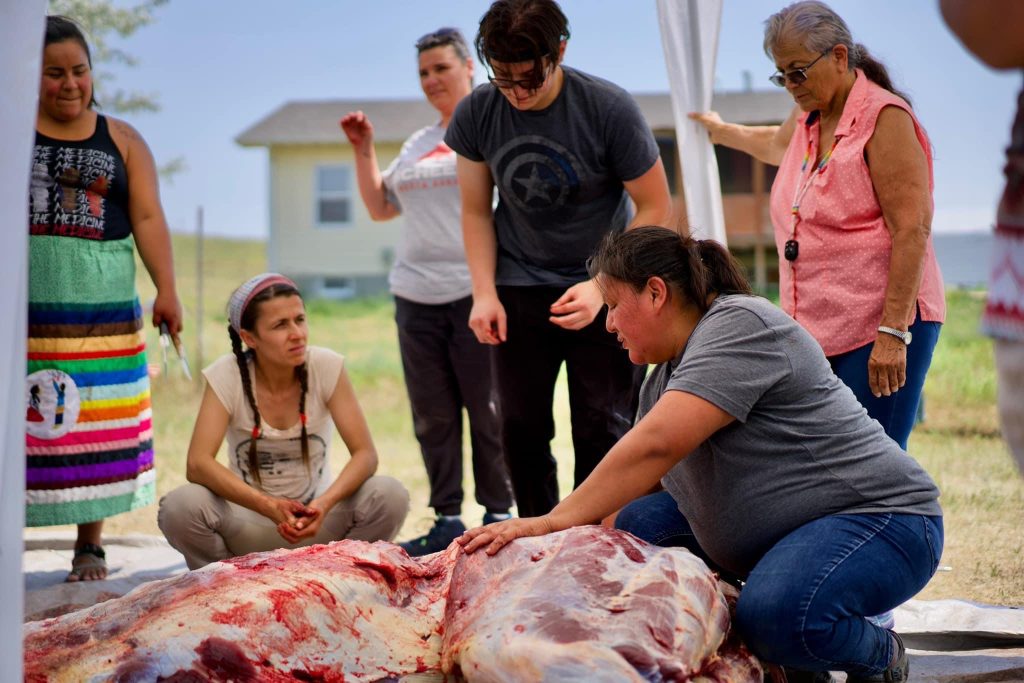
Reconnecting to Our Natural Foods Through Hands-On Learning
Lisa and Arlo Iron Cloud share information they have accumulated regarding the buffalo through Guided Buffalo Butcherings. They also participate in hands-on education regarding our natural foods and our relationships with them and ourselves. They share what they are understanding regarding our history as Lakota and Indigenous people.
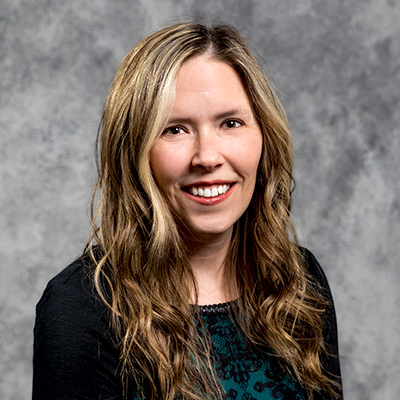
Farm Stress: Resiliency in Farm Families
Dr. Andrea Bjornestad is an Associate Professor and Extension Mental Health Specialist in the School of Education, Counseling, and Human Development at South Dakota State University. She is a Licensed Professional Counselor in South Dakota and is recognized as a key leader on agriculture behavioral health in the United States. Her research and outreach efforts have been featured in local, regional, and national media.

Listening Session: Building Resilience in the South Dakota Local Food System
Listening Session: Aggregating Food and Marketing in in South Dakota.
Blake Pulse grew up on a small dairy goat operation near Salem, South Dakota. He received his B.S. in Agricultural Communications and Political Science from South Dakota State University. During his undergrad, he was active across campus, including student government where he served as the President of the Student Association. He is currently pursuing a M.S. in the Department of Natural Resource Management at South Dakota State University. His research focuses on identifying opportunities to strengthen the local food system in South Dakota and the region.
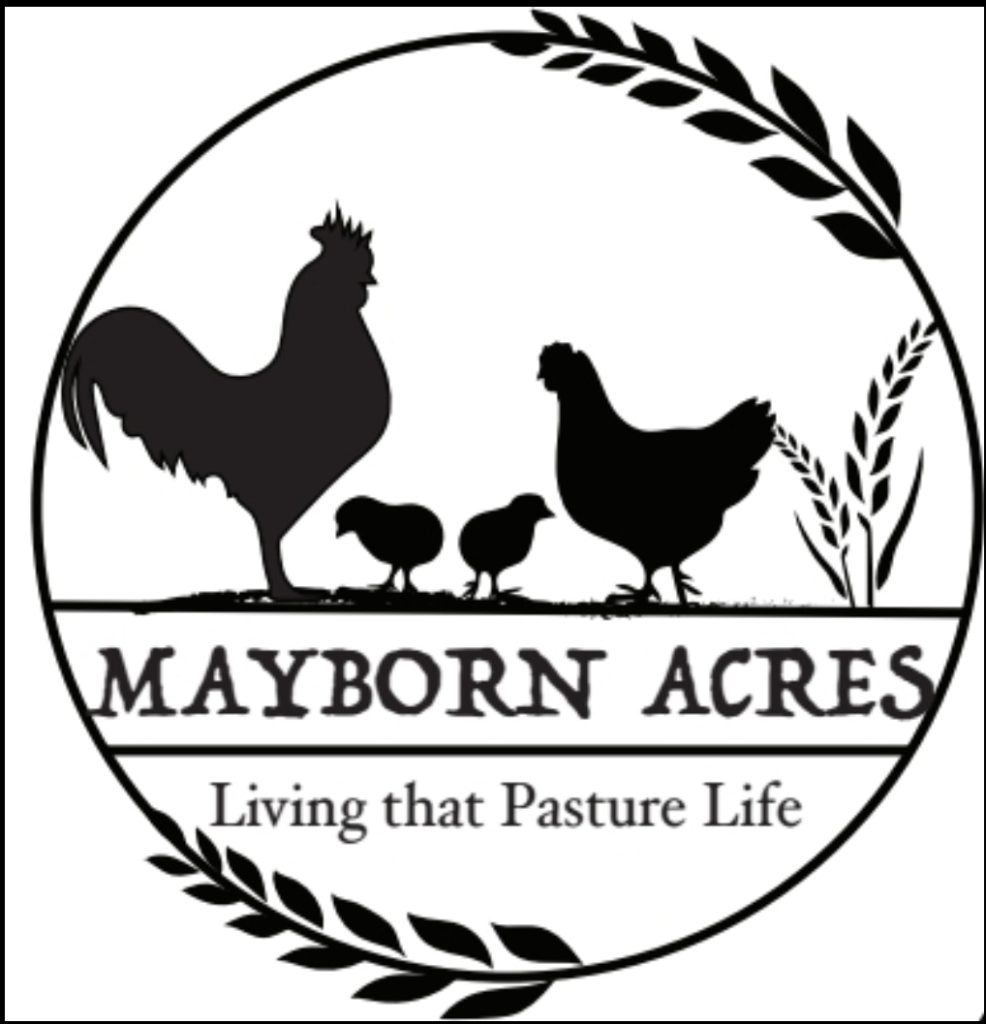
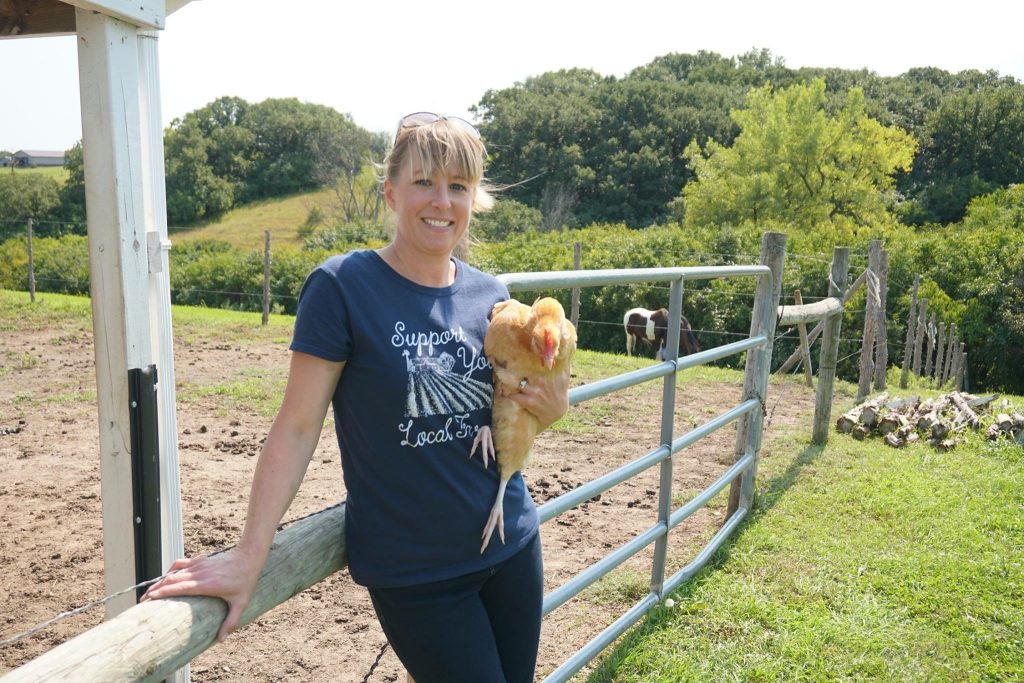
Small Scale Poultry and Egg Production
Jamie Boley of Mayborn Acres raises pastured chicken to provide the best tasting, locally grown poultry possible. Jamie uses concepts from engineering and manufacturing to streamline processes and maintain efficiency.
Stephanie Peterson is the owner and operator of Fruit of the Coop, a wholesale pasture-raised egg business in SE SD. In addition to eggs sourced from her own flock of heritage chickens, Stephanie sources eggs from other small flocks within the region, selling to Sioux Falls-area restaurants, retail outlets, farm stands and local CSAs. Stephanie is an expert in chicken keeping and all things related to the processing and selling of eggs. In addition, Fruit of the Coop aggregates a variety of local food for clients, teaches backyard chicken keeping classes, distributes organic chicken feed and hosts events and field trips on her farm.
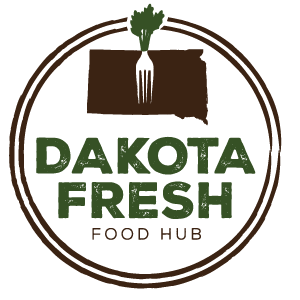
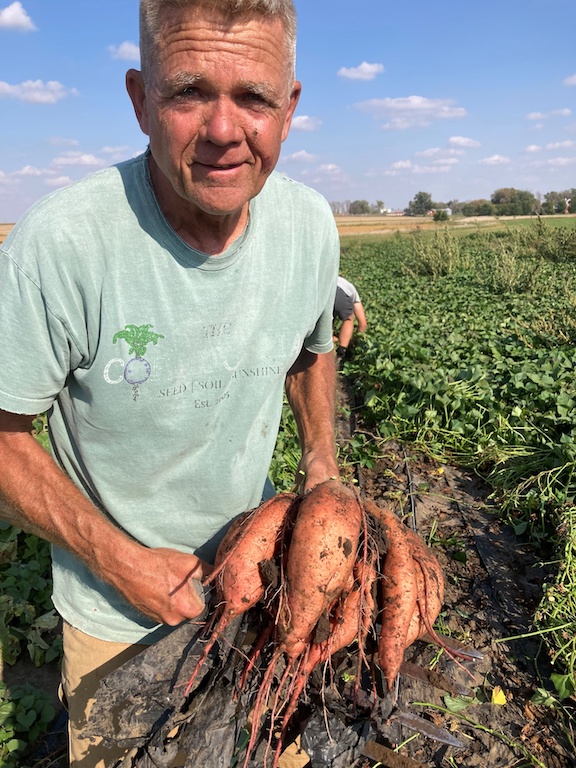
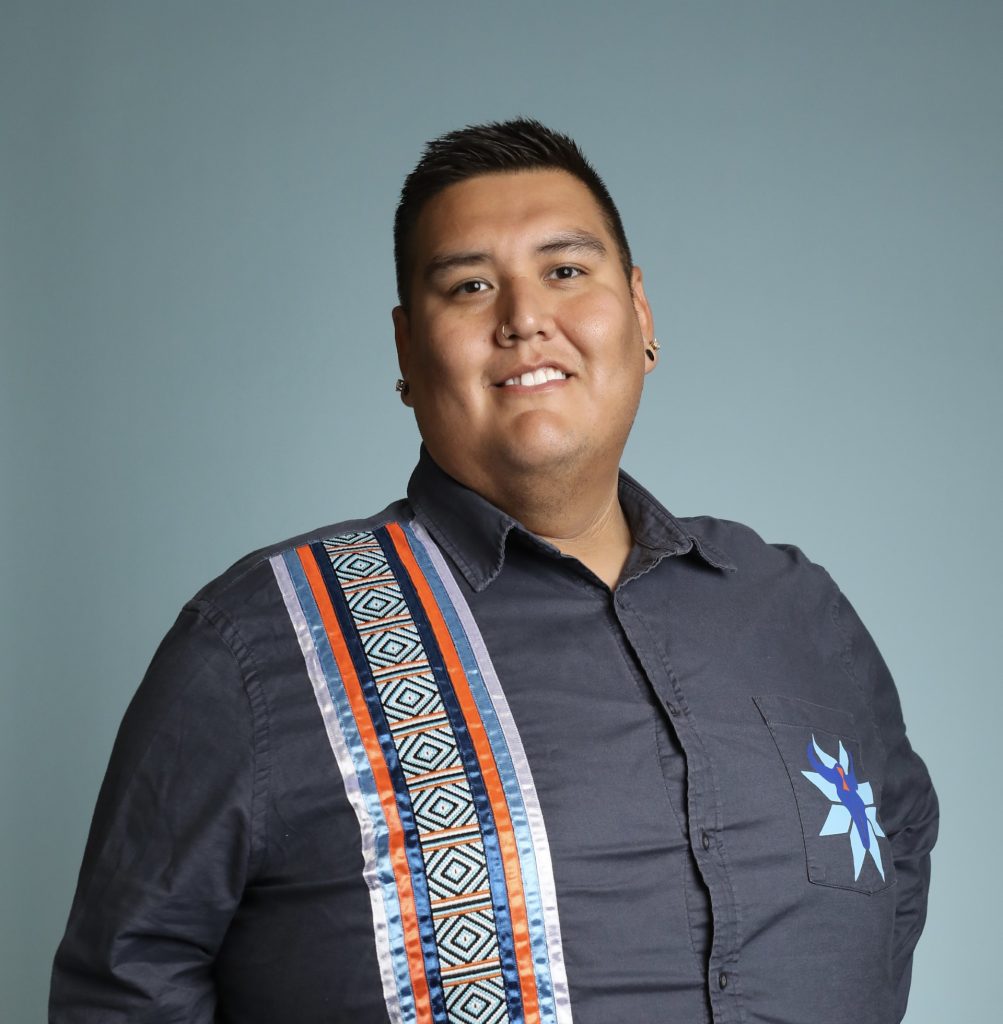
Value Local to Buy Local
Abby Vlaminck attended South Dakota State University and has been the Manager of Dakota Fresh Food Hub for 1 year now! Dakota Fresh is a farmer-owned collective that pools resources to market and distribute our members’ products. Through our online marketplace we offer weekly ordering year-round so customers can purchase directly from many local farmers with one order. Abby’s favorite part about working for Dakota Fresh is seeing local foods both grown and consumed among the community that she lives within and helping to facilitate it.
John Wesselius has been on the Falls Park Farmers Market board for many years, and has served as the president for the past 5 years. Falls Park FM serves the greater Sioux Falls area, promoting the development of local small scale agriculture and specialty products by providing a dynamic “producer only” marketplace for producers to sell their products. John is also the Owner and Operator of The Cornucopia, which he began in 2005 with his wife Janna out of a desire to provide people in the community with clean, nutritious, local, and beautiful food. For John, agriculture is part of his heritage. As a young child born in the Netherlands, he watched his grandfather and father raise Friesian Holstein cows together. After emigrating from the Netherlands to Canada at the age of four, his father worked for several farmers, and John began working for farmers during his summers throughout high school and college. After attending Dordt College and living in Canada for a while with his family, John and Janna moved to Sioux Center, Iowa in 1995. They kept a large family garden which eventually expanded into The Cornucopia. The farm has grown into about 10 acres of land and 6 high tunnels and goes to four farmer’s markets per week as well as maintaining an 80 family CSA all with the help of 4 full time employees and several summer employees.
Matthew “Matte” Wilson is a citizen of the Sicangu Lakota Nation also known as the Rosebud Sioux Tribe of South Dakota. Matte is the Food Sovereignty Director at Sicangu Co, an indigenous ecosystem focused on improving the financial and social wellbeing for the people of Rosebud. As the Director of the Sicangu Food Sovereignty Initiative, Matte and his team work towards building a regenerative food system on Rosebud. Matte also loves to cook and experiment by incorporating indigenous ingredients in modern recipes.
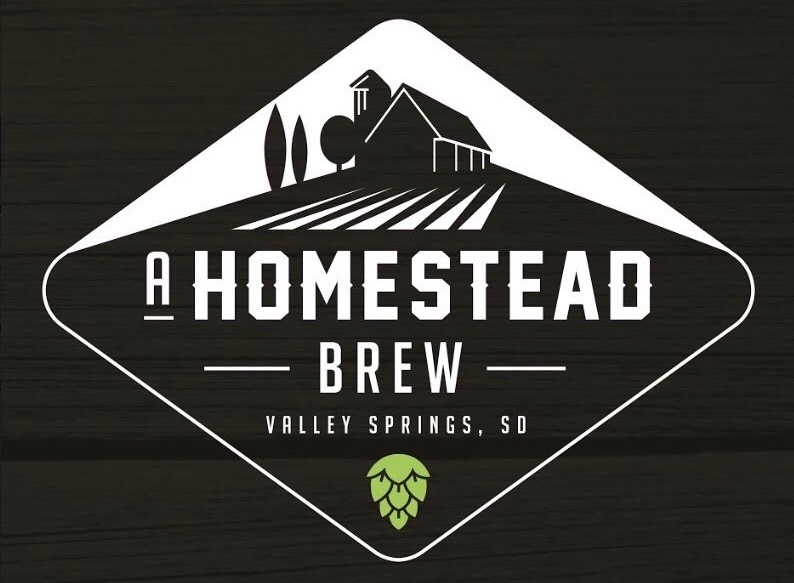
Farmhouse Ingredients
Growing up in South Dakota, Lee Anderson continued the generational farming, choosing to focus on agricultural tourism and establishing specialty crops for the farmhouse brewery. He has been growing for 11 years and brewing commercially for the past 6 years. Qualifications are a culinary degree from LeCordon Bleu, ServeSafe certification for our food truck, certification from White Labs for yeast and bacteria cultivation and a pyrotechnics license for fireworks displays for events at the farm.

Hands-On Workshop: Mushroom Log Cultivation
Alan Carner is a small-scale specialty producer growing and foraging unique, tasty mushrooms that you are unlikely to find in your average grocery stores. We specialize in Lion’s Mane, Oysters, and seasonally offer certified wild mushrooms. Black Hills Mushrooms LLC was established in 2018.
NRC-SARE Speaker
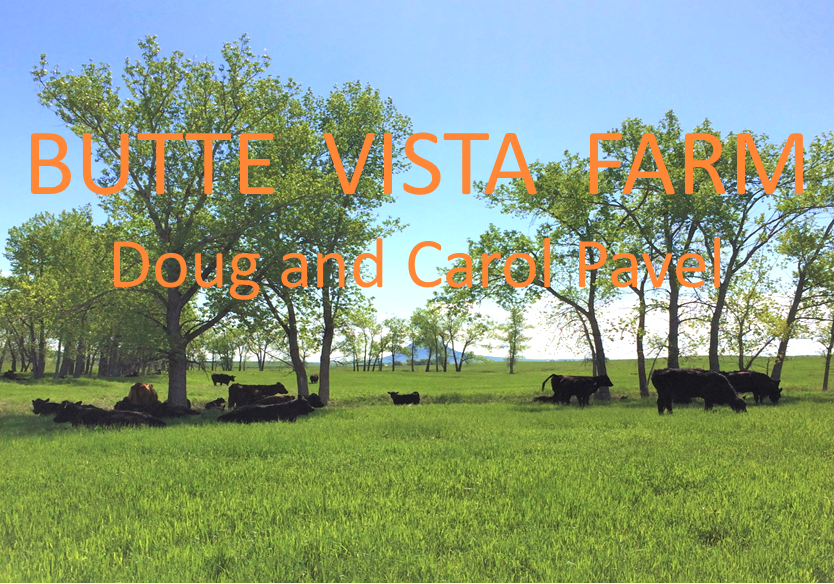
Evaluating Conventional and Organic Integrated Weed Management Practices to Control Noxious Weeds – Lessons Learned
Doug Pavel and his wife have constantly focused their agricultural operation on providing high quality hay and forage to horse owners and pasture ground for contract grazing of cow/calf pairs to their livestock partner. They established Butte Vista Farm in 2001. From the beginning, conservation practices have played a key role in assuring their land and natural resources will be healthy and productive for years to come. That includes controlling invasive, noxious weeds while protecting native plants essential to the wellbeing of their native fauna.
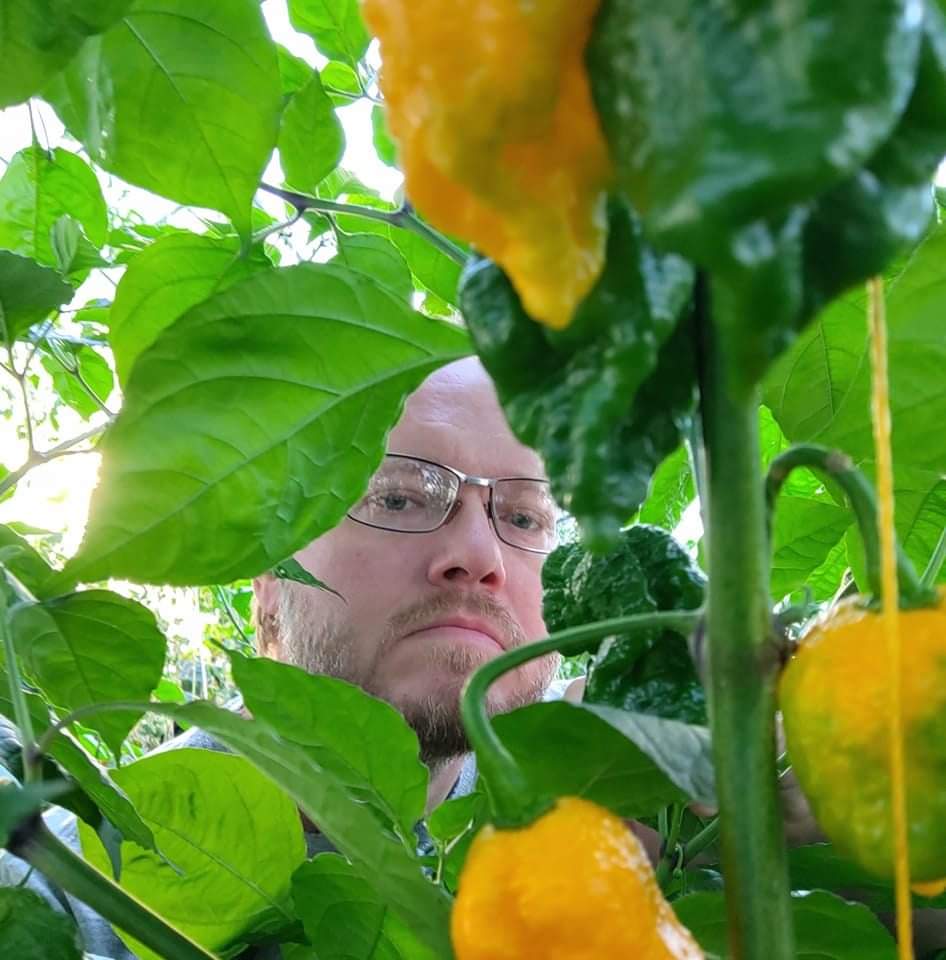

How to Apply for Grants (and where to look!)
Shannon Mutschelknaus is a mechanical engineer with 20+ years’ experience doing thermal design, research, and testing of large electronics mega-systems. (Daktronics, Inc) He also owns & operates a small farm (Wayward Springs LLC) near Brookings, SD, where they raise Scottish Highland beef, Jacob sheep, exotic fruit trees, super-hot peppers, and two children. He has also designed greenhouse heat storage systems for hobby, professional, and educational growers in many parts of the world, from Canada, Scotland, Norway and several states in the USA, enabling them to minimize or eliminate other energy intensive heating systems. Shannon is obsessed with growing unique produce for our region and expanding the types of fresh foods that can be grown cost-effectively in our climate!
Matthew “Matte” Wilson is a citizen of the Sicangu Lakota Nation also known as the Rosebud Sioux Tribe of South Dakota. Matte is the Food Sovereignty Director at Sicangu Co, an indigenous ecosystem focused on improving the financial and social wellbeing for the people of Rosebud. As the Director of the Sicangu Food Sovereignty Initiative, Matte and his team work towards building a regenerative food system on Rosebud. Matte also loves to cook and experiment by incorporating indigenous ingredients in modern recipes.
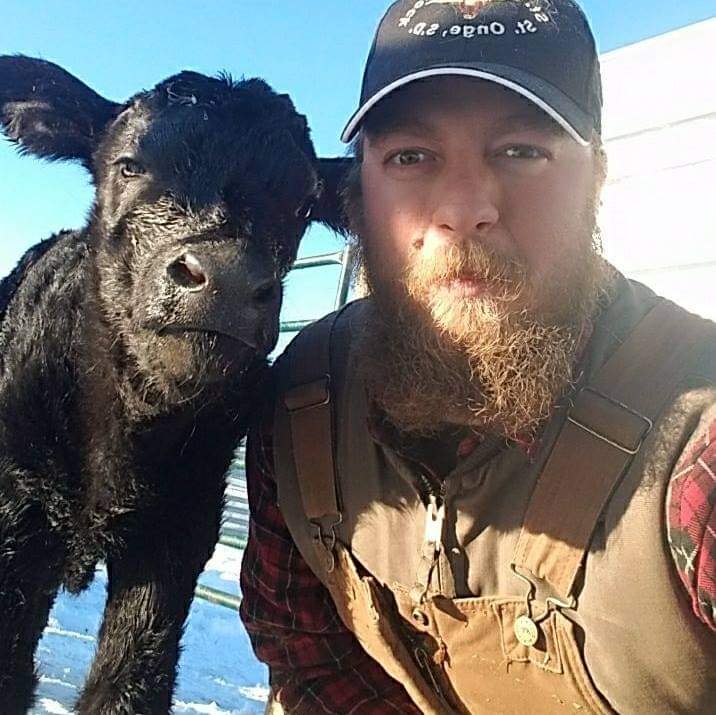
Pigs 101
Collin Duprel is a 5th Generation Rancher and Cattle Producer, who lives outside of Vale, South Dakota. 31 years old, he raises 3 children on their family ranch that has been operating since it was homesteaded. Collin never raised pigs before this year.
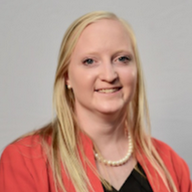
Planning for Success with Enterprise Budgets
Olivia Hanlon is part of the Small Farms Team with Iowa State University Extension and Outreach. She provides information to farmers through assistance with the Small Farm Sustainability podcast, as well as the Small Farm Sustainability programing. She also offers technical assistance in the areas of risk management, marketing, and crop enterprise budgets. She received her BS in agricultural business from Iowa State University.
Saturday Breakout Sessions
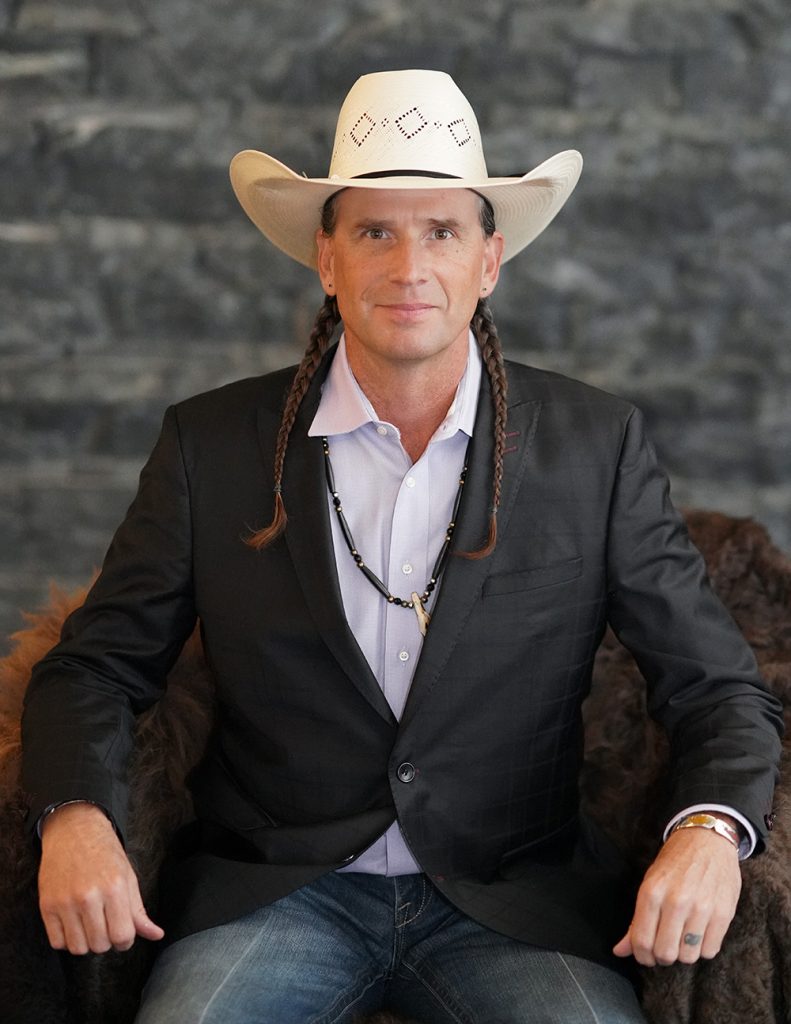
Conversations with InterTribal Buffalo Council
Troy Heinert, Sicangu Lakota, is the Executive Director of the InterTribal Buffalo Council (ITBC). Mr. Heinert lives with his wife (Gena) and youngest son (Harold) on their ranch on the Rosebud Sioux Indian Reservation in South Central South Dakota. Prior to his selection as ED, Mr. Heinert coordinated the shipping of surplus buffalo to ITBC Member Tribes. His extensive experience in transporting buffalo has helped numerous Tribes safely restore buffalo back to their lands. Mr. Heinert is also a Professional Rodeo Pickupman. Mr. Heinert served for 10 years in the South Dakota Legislature, four of which he was the Senate Minority Leader. He is the first Native American in South Dakota to hold that position as well as preside over the Senate.
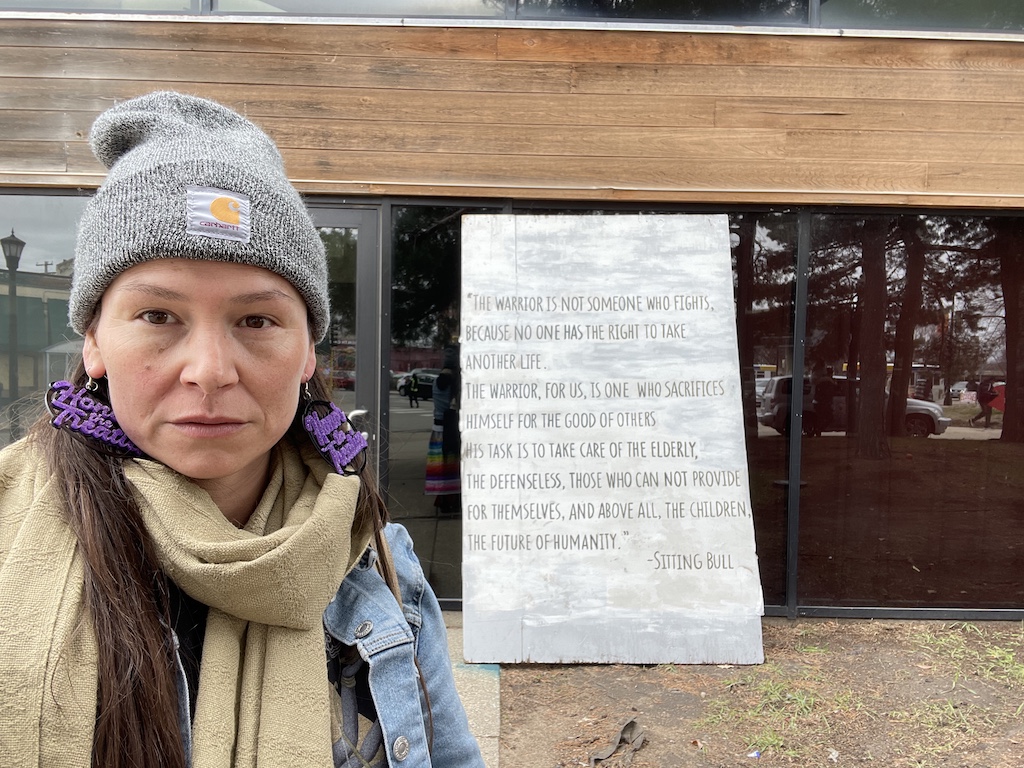
Womb Sovereignty and Nourishment
Zintkala Mahpiya Win from Sicangu Makoce, Daughter, Mother, Auntie, Grandmother, Wife, Working as a lifelong educator of Indigenous birth sovereignty, she is a connector of people. She holds the unique ability to combine traditional ecological knowledge, Federal-Indian law and history, with Indigenous birth knowledge and rights. Her teachings are exhibited in her children and family who each uniquely contribute to their people. Zintkala Mahpiya Win is the founder and successful organizer of Hesapa Birth Circle and has personally helped to build our community understanding of birth sovereignty through the annual Traditional Birth Work Gathering now going into its 3rd year in the Paha Sapa
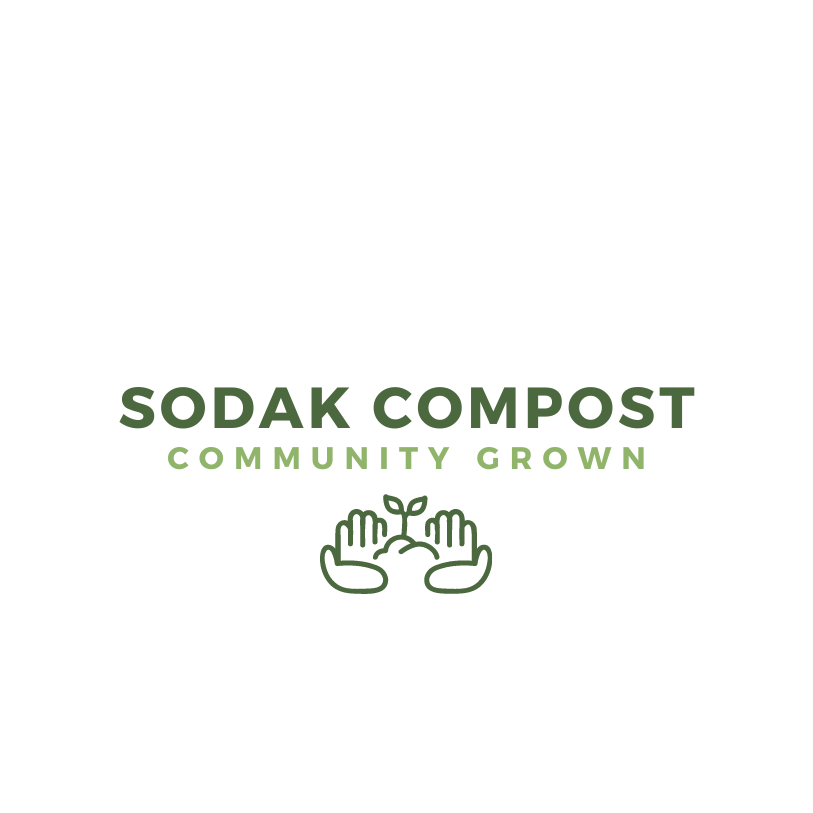
Striving Towards a Sustainable Sioux Falls Through Community Composting
Carlos Guirola is a founding member of SoDak Compost. He’s a real community champ, always rolling up his sleeves to help with various local causes. When he’s not out there trying to make the world a greener place, you’ll find him geeking out about fungi and trees,

Cultivating Mushrooms in South Dakota
Alan Carner is a small-scale specialty producer growing and foraging unique, tasty mushrooms that you are unlikely to find in your average grocery stores. We specialize in Lion’s Mane, Oysters, and seasonally offer certified wild mushrooms. Black Hills Mushrooms LLC was established in 2018.
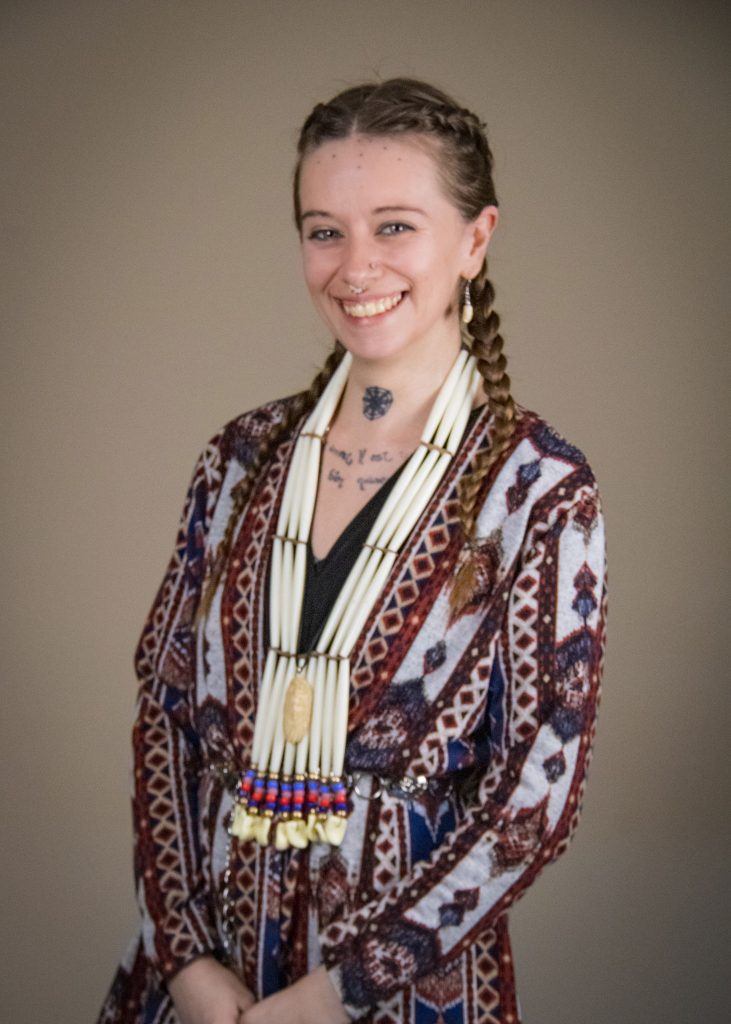
Rematriation Through Food Systems
Sunshine Rose Claymore is a Phabaska Dakota, Hunkpapa Lakota and mixed European mother from Standing Rock Reservation. A graduate from Sitting Bull College with a Bachelor’s in Environmental Science, she has a drive to better understand natural processes on our planet. Currently Sunshine is Permaculture and Food Systems Project Manager for NDSU as well as Regenerative Land Management Coordinator with Earth Activist Training. On Standing Rock, she is the Community Engagement Specialist to the Mni Wiconi Health Circle. Sunshine also is involved with collective planning for the Mni Wiconi Nakicizin Wounspe, a project-based learning space designed to uplift Dakota/ Lakota culture while striving to meet community needs.
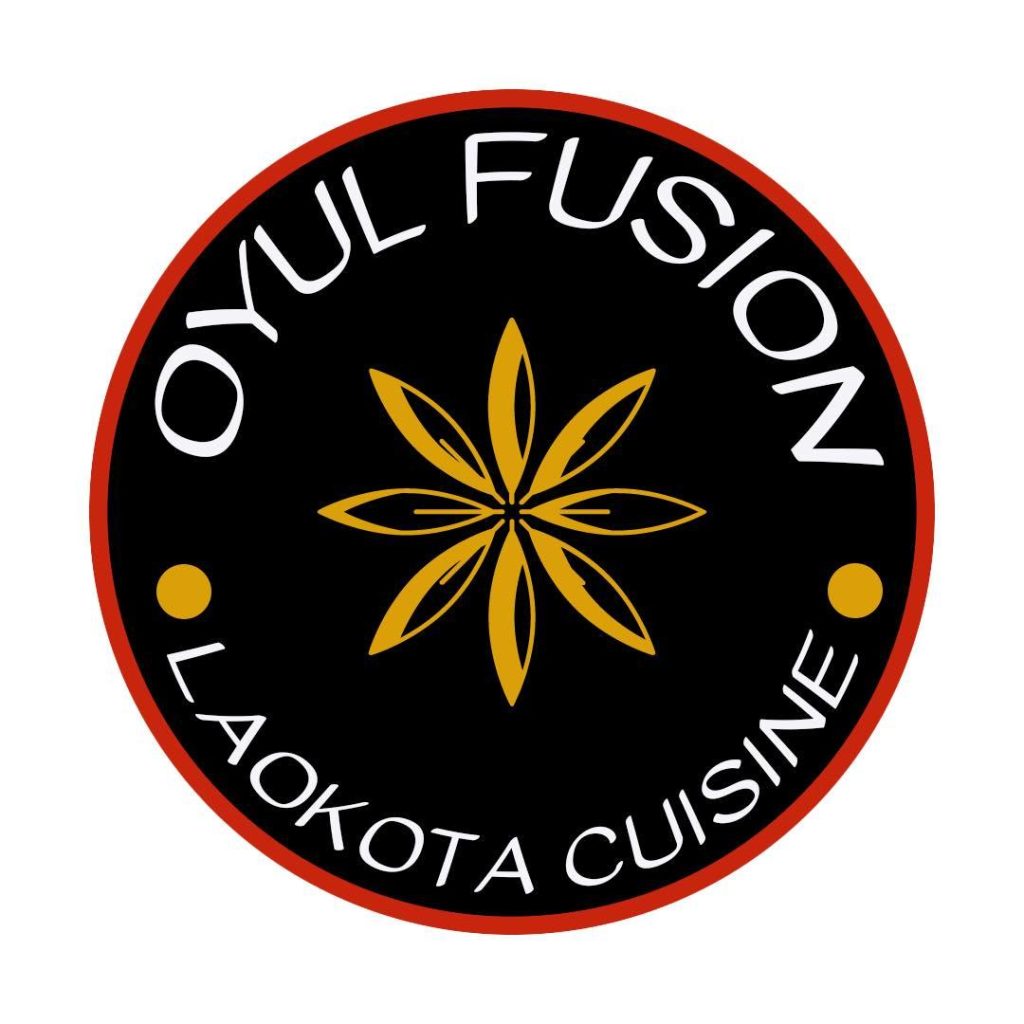
LaoKota Cuisine
Mali Souksavath is the owner of Oyul Fusion, two sisters creating new and exciting dishes using Laotian and Lakota ingredients. Their goal is to have a restaurant and catering business in Rapid City. Mali is from Cherry Creek, SD and an enrolled member of the Cheyenne River Sioux Tribe. She resides in Rapid City, SD with her family.
NRC-SARE Speaker
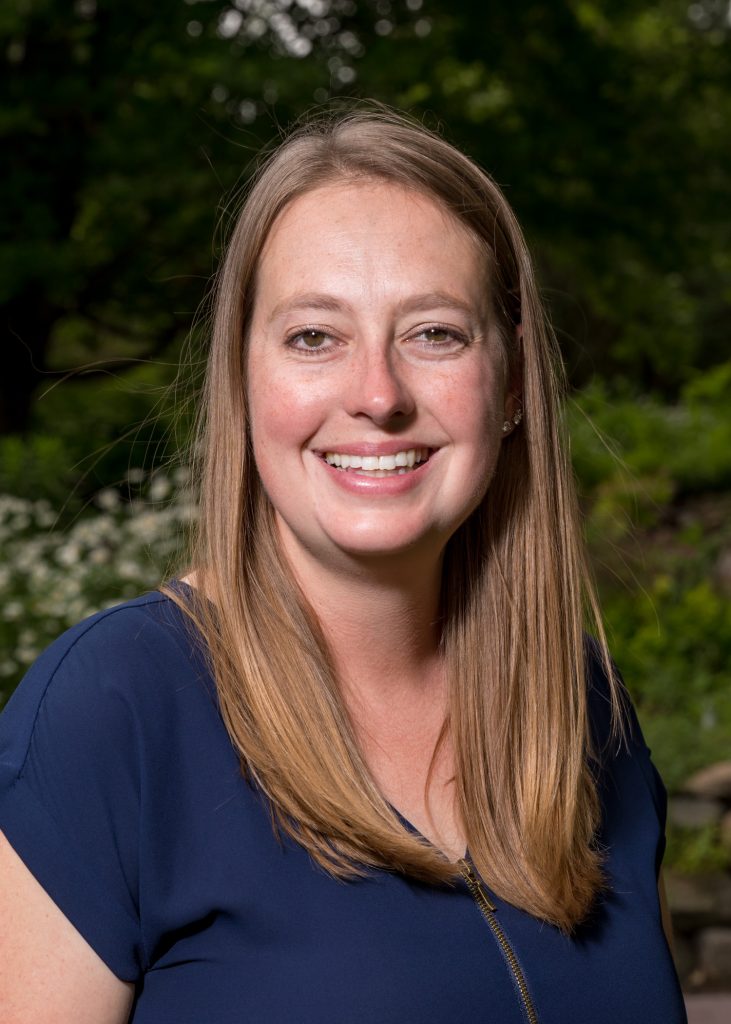
So, you’re thinking about building a high tunnel!?
Kristine Lang is a South Dakota State University Assistant Professor and Extension Consumer Horticulture Specialist based in Brookings, South Dakota. She holds a Ph.D. in Horticulture and Sustainable Agriculture from Iowa State University. Her horticultural career has included working in private-sector, university, and nonprofit organizations across four Midwestern states. Kristine currently collaborates with South Dakota farmers, gardeners, and organizations to conduct research and outreach on Northern Plains high tunnel management, suitable cut flowers for South Dakota, and integration of cover crops and tillage reduction practices for vegetable production.

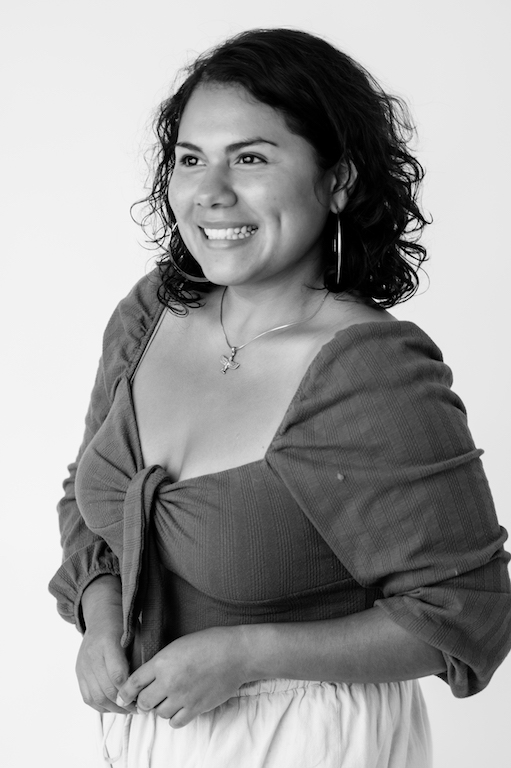
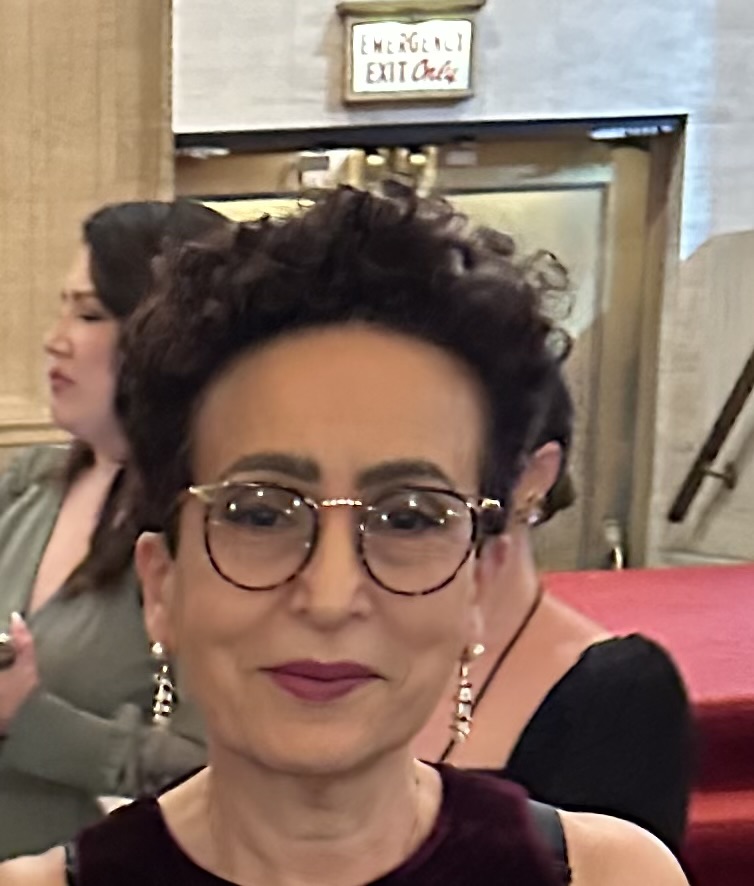
A Chef’s Perspective on Local Foods
David Napolitano started his sourdough bakery, Breadico, in a bakery-converted garage in 2012. Since then, he has expanded into many different grocery stores, markets, and is shipping bread to fill demands nationwide. David and his wife Megan run Breadico Sourdough Company as well as their new milling endeavor, Millhouse Flour Co., where they focus on buying and milling locally grown organic grains into flour for bakers and the public alike.
Marcela Salas is the co-owner and founder of Salas Salsas. She is unapologetic with flavors as she is in life. She specializes in crafting and executing salsas & food with locally conscious ideas in mind. Marcela & her team are unapologetic about their efforts to reduce their carbon footprint by reducing plastic waste when serving food and by composting all veggie scraps. Collaboration with local producers has always been a strong value and she hopes to continue to expand that effort to bring bold and unapologetic flavors to Sioux Falls South Dakota!
Sanaa Abourezk is a Gourmet Chef, Restaurateur, Author, Nutritionist, and Blogger passionate about the art of cooking and educating people on the joys of healthy eating. Born and raised in Damascus, Syria, Sanaa came to the United States to study Nutrition in California, and later met and married former U.S. Senator James Abourezk, who brought her to South Dakota. Trying to keep herself occupied in her new environment of Rapid City, she decided to finally pursue her passion of cooking and attended school in Florence, Italy and Cordon Bleu Baking School in Paris, France. A move to Sioux Falls, the birth of her daughter, Alya, and many dinner parties later, she opened her popular Middle Eastern restaurant, Sanaa’s Gourmet Mediterranean, in 2003, which was named one of the top vegetarian restaurants in the United States in 2018. Sanaa is currently nominated as a James Beard Semi-Finalist (2023) and has written five cookbooks filled with easy, healthy recipes as well as competed against Bobby Flay in Food Network’s Beat Bobby Flay in 2016.
Sanaa loves to dance while she cooks and is dedicated to helping those around her and combating child hunger. She is a member of World Central Kitchen and regularly hosts fundraisers where she donates 100% of the food, labor, and profits to various causes such as Feeding South Dakota and Earthquake relief in Turkey and Syria.
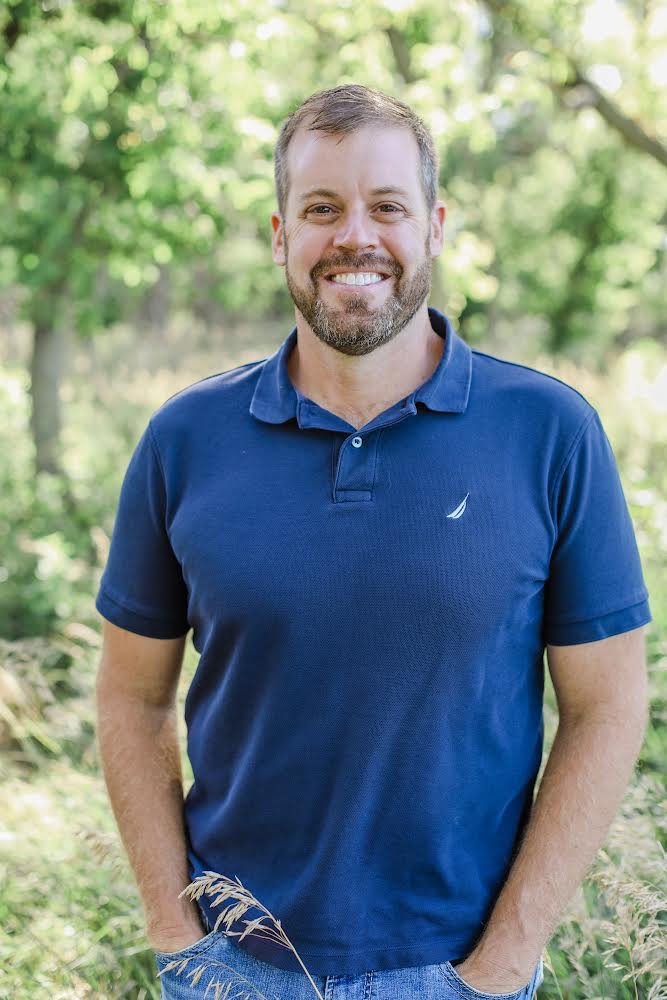
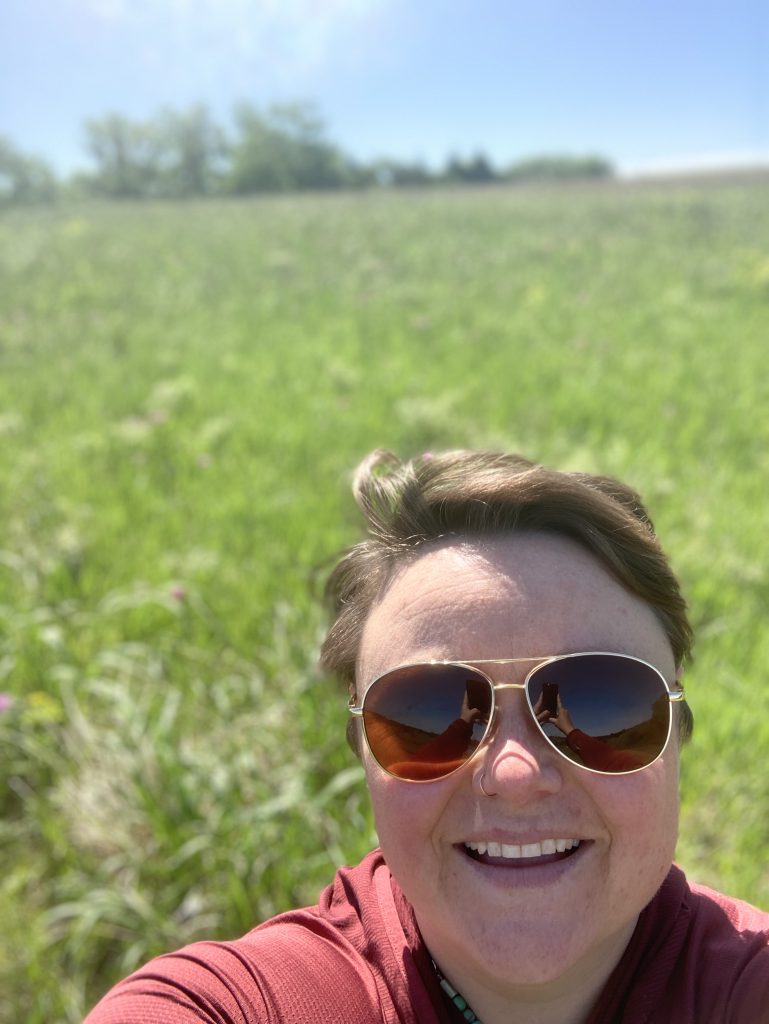
Conservation Collaboration
Continuing the organic farming tradition set forth by his family in the mid 1970’s, Aaron Johnson, his wife, Kirstin, and their three children operate a 720 acre certified organic farm south of Madison, SD. Corn, soybeans, oats and alfalfa (along with non-certified stock cattle) are raised organically utilizing a strategic six year crop rotation.
Rae Powers is a partner biologist with the Xerces Society and NRCS based in Lincoln, Nebraska working across Nebraska and South Dakota. Rae works with farmers, agencies, and conservation groups to promote pollinators and other beneficial insects on farms. In collaboration with NRCS staff, she works with ranchers and farmers to identify wildlife conservation opportunities, pollination and pest control needs, and determine strategies and funding sources to best meet those needs. Rae provides technical support to producers, NRCS staff, and other farm agency professionals in the Great Plains as they navigate questions surrounding pollinator habitat needs, plant selection, site preparation, and monitoring.

Hands-On Workshop: Herbal Winter Wellness Kit
Linda Black Elk is the educational programming and community engagement director at North American Traditional Indigenous Food Systems, or NATIFS. She also sits on the board of Makoce Ikikcupi, which is a reparative justice project on Dakota Makoce. Linda spends her time growing and gathering with her husband and three sons, who are all members of the Oceti Sakowin.
